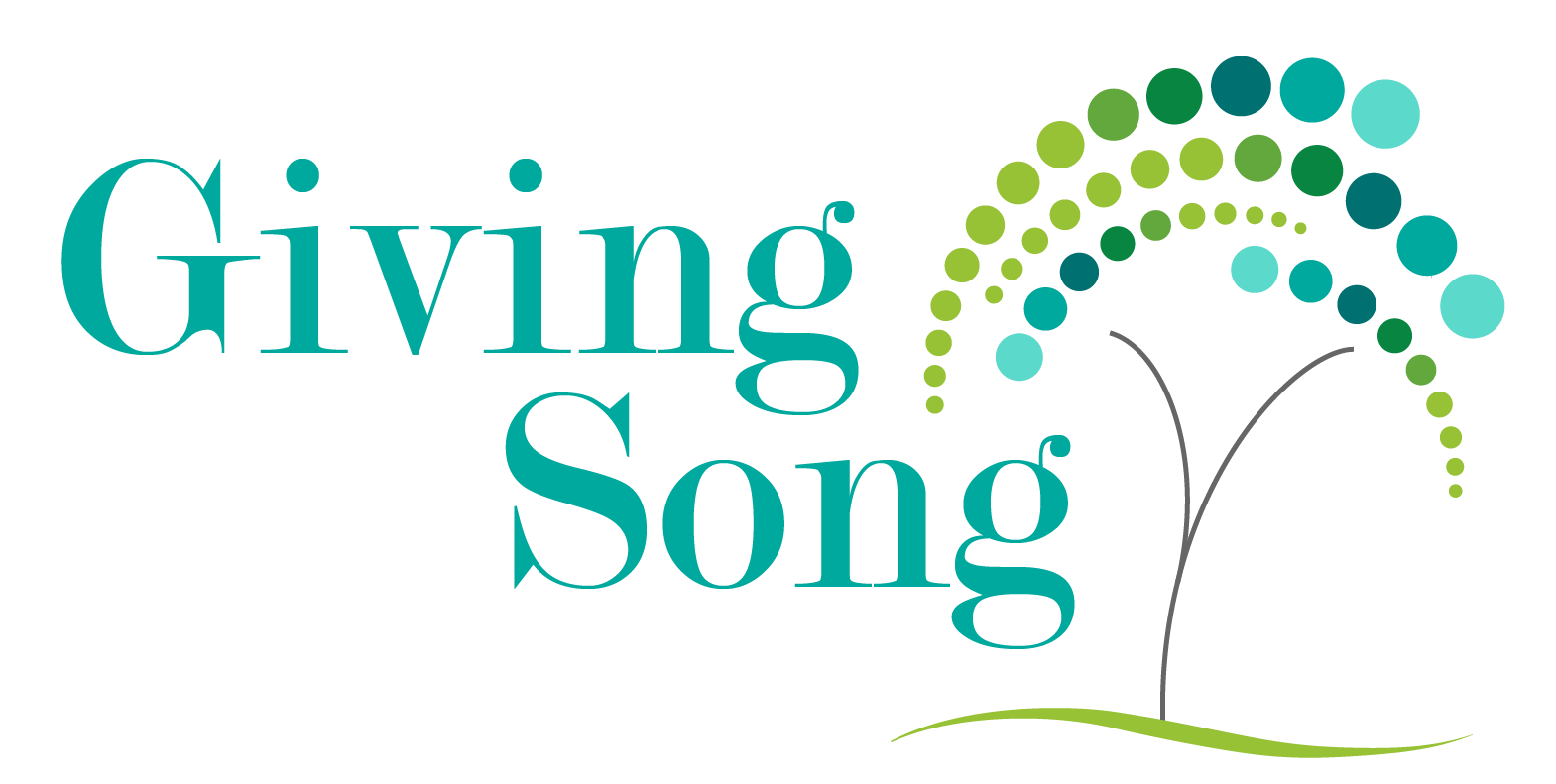I don’t know about you, but whenever I think about scope of practice for music therapy I see a fuzzy, gray cloud. This is how my brain pictures the “gray area” and this gaseous proverbial space is scary to me because in some ways it’s always changing, hard to define and not always a clearly marked boundary. I like to operate with clarity and I’m always trying to be mindful about stepping outside of what is appropriate in our field and for my individual practice. So today we’re going to talk through what is clear about music therapy scope of practice as well as how to assess yourself as an individual practitioner to ensure that you’re remaining within your own ethical “cloud” of scope of practice.
Read MoreThe idea of trauma stewardship is that we take the time to deeply reflect on our own life
experiences as well as our current environment, both personal and work, to identify where
we may not be taking care of ourselves or others effectively because of the trauma we are
bearing witness to.
We cannot be fully present with others in their pain and suffering if we are not taking care
of ourselves. We have to put our own oxygen mask on first!
My name is Ellisa and it feels so good to be back with you in a new year, new look, but the same amazing content. I have been working on a 3 part series called “Authenticity in Music”. I’m so passionate about this topic and I hope that by the end you will be too. Together, we’re going to be exploring what authenticity means when performing popular songs, how to be authentic with your instruments and voice and how to adapt to stay true to your abilities and the music. This is a topic that is important to me because I feel that it helps us advocate for our field. Good music speaks volumes! It helps us connect with our clients and understanding what authenticity means makes us grow as music therapists. That’s where I want to start part 1: What is Authenticity in Music?
Read MoreWe can and should probably assume that everyone we encounter has some level of trauma. That includes ourselves and others. From the research found by the CDC in the well known ACE (Adverse Childhood Experiences) study reported that 64% of those surveyed had at least one incidence of trauma. That is roughly 2/3rds of the general population had some experience of adverse childhood trauma (including, but not limited to, domestic violence, neglect, maltreament, divorce, abuse, and others. Why is this so important? Because these adverse experiences can impact the individual’s ability to function. It affects the rest of their life!
Read More



